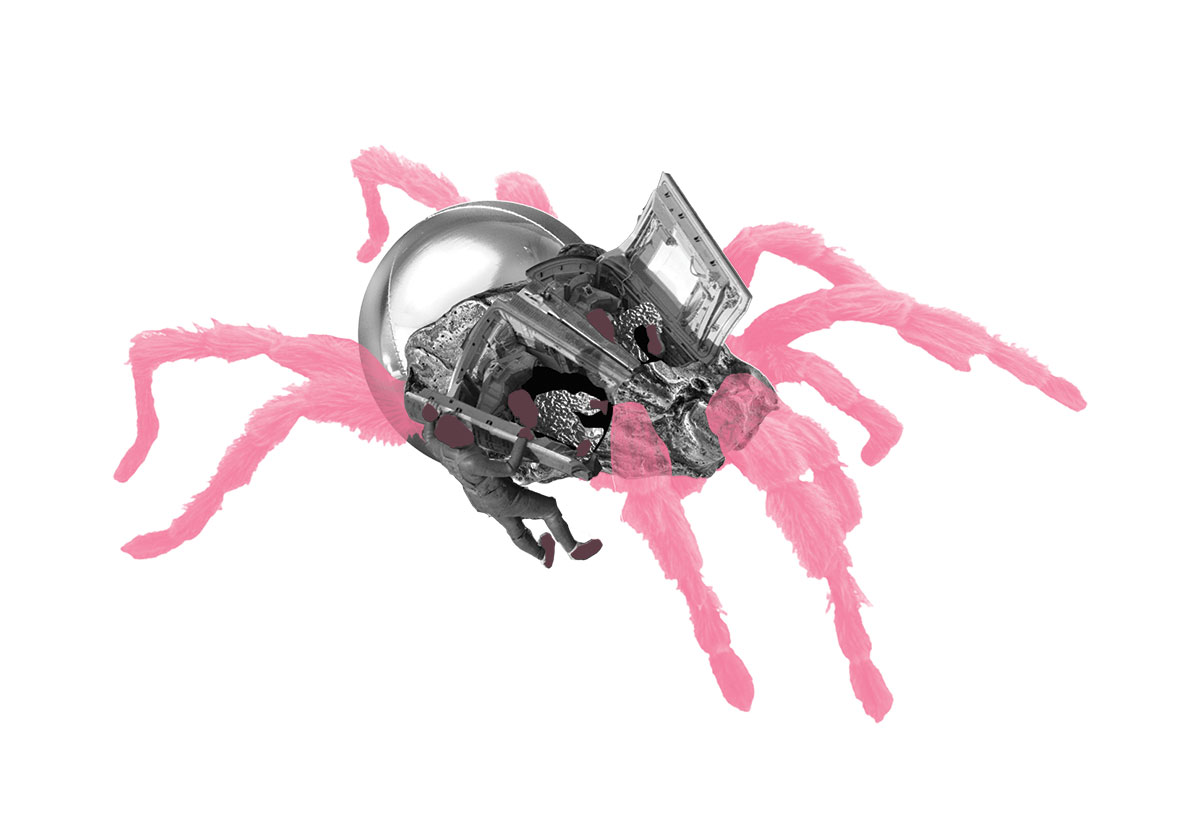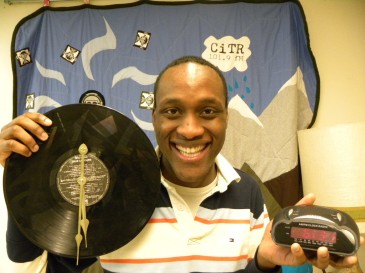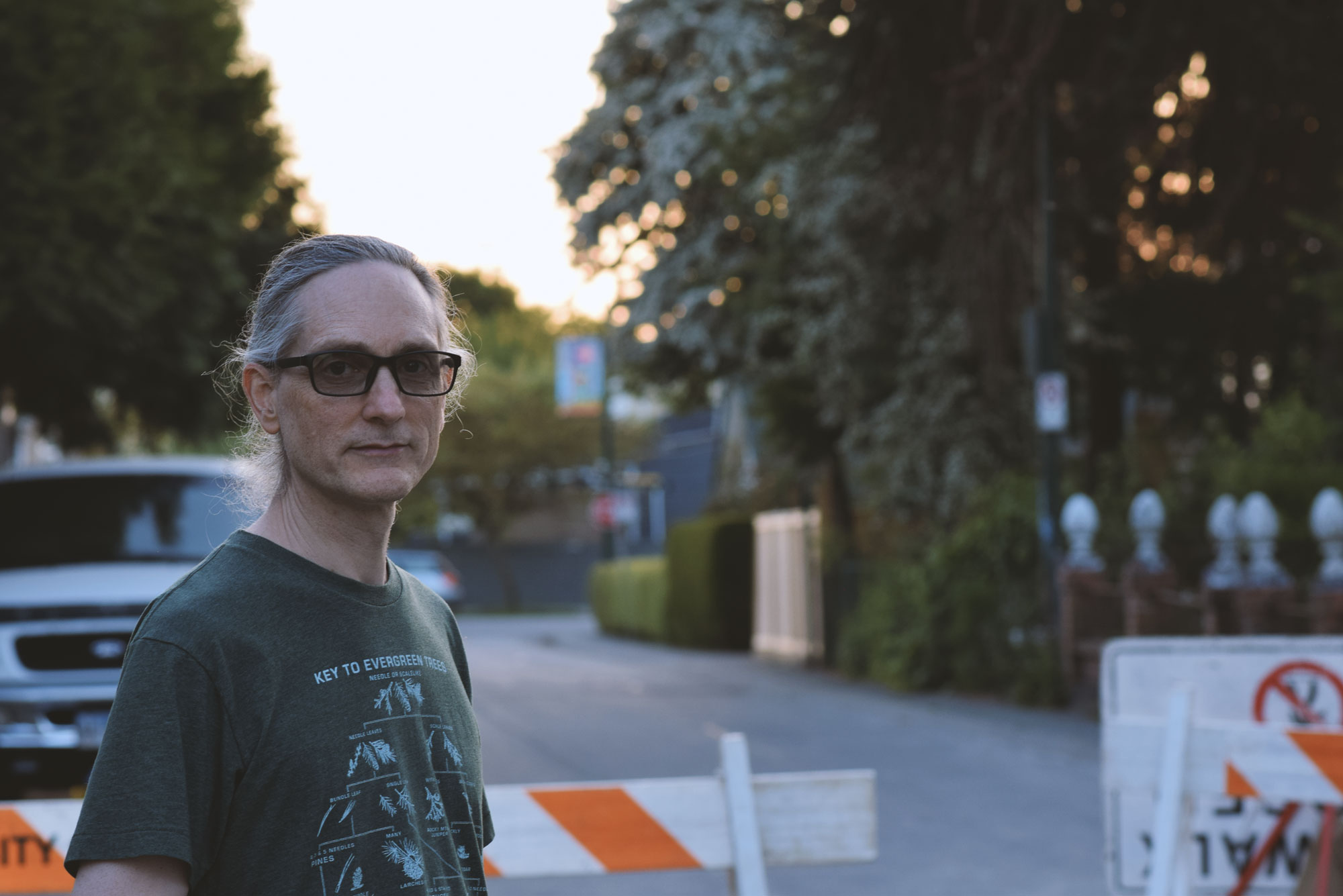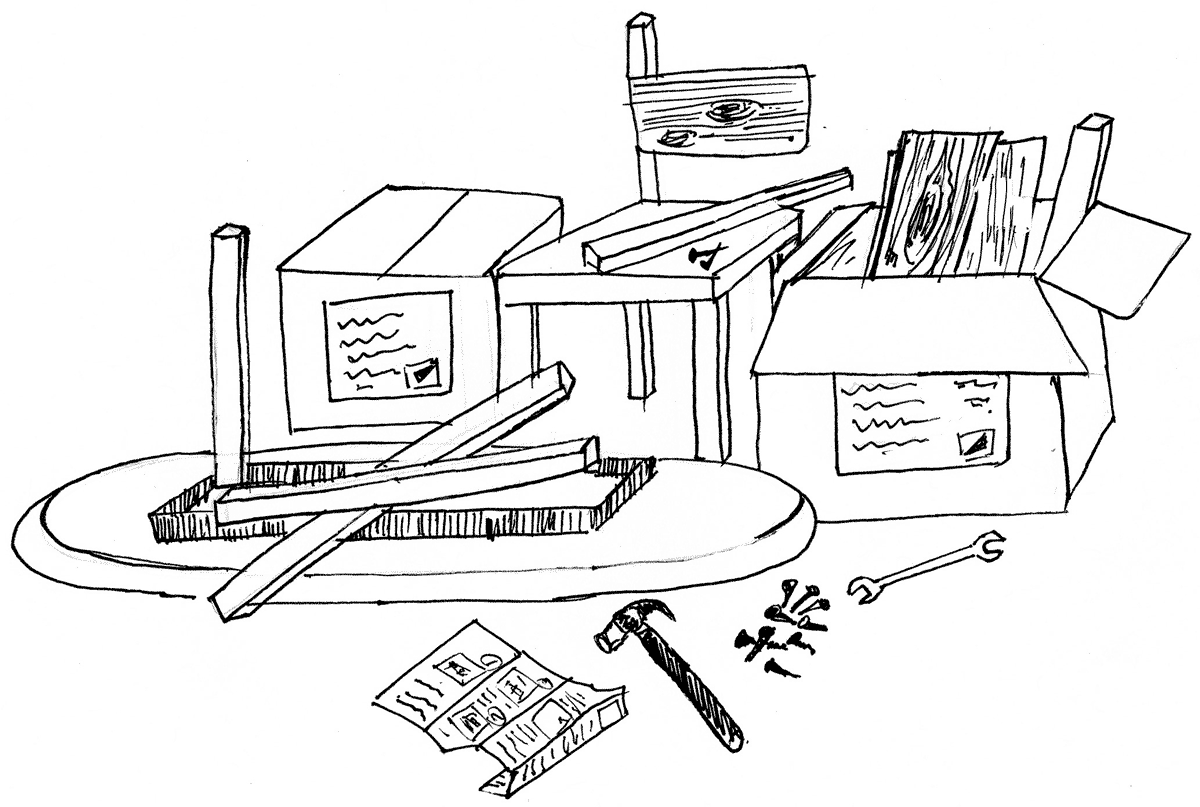Marco Bussanich has been running AstroTalk, a talk show about all things astronomy and space, for around four years. AstroTalk is one of only a couple science programs on CiTR 101.9FM, and Discorder wanted to learn a bit more about it.
Could you give us some background on AstroTalk? What’s it about?
Unofficially, I started 16 years ago. I came into CiTR and trained in the summer of 2002, but then I got a job offer in Tokyo. I lived in Asia for 7 years, and then I started AstroTalk when I came back. I’ve been an astronomer for about 30 years now. It’s a hobby, it’s a passion, it’s something I do for fun. I’m a scientist, too — I have a physics degree, and I’ve taught engineering and physics. So, I love science, it’s a natural thing for me. The universe — it’s a big place, right? There’s lots of topics, lots of things to talk about every week.
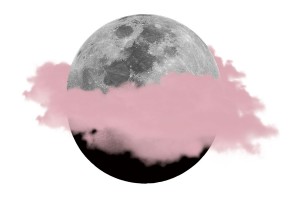
What do you think is important about what you’re doing with the show and the topics you cover?
Well that’s a very intense, probing question. A lot of people say, “Well, why do we even spend money on astronomy? Why do the governments go to the moon? What’s the use of it?” Sometimes people ask, is it useful? But then, there are so many space-related spinoffs. Like the Space Shuttle: it had to have a protective coating for when it comes back from space so it doesn’t burn up. Now a lot of cookware is made from that material, Teflon.
[Through AstroTalk] I am just questioning, is astronomy practical? In another way, we have to go out and populate the solar system cause the sun will eventually expand and our Earth will die. I do some shows about NASA using their satellites to look at the chemistry of our atmosphere and how they’re measuring the chlorine content in there, because chlorine reacts with hydrogen to make hydrochloric acid and that’s what depletes the ozone. They monitor forest fires, storms. NASA does so much practical stuff with their satellites. So, I think astronomy, in terms of the Earth, is very practical and it’s fun for me.
I think if anybody has a passion, they should do it. I think if we follow our passions, that’ll bring out the best in us.
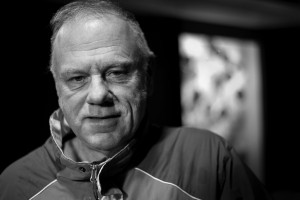
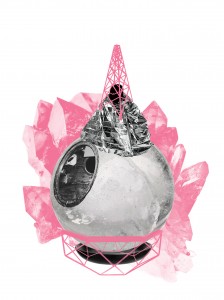
So far, what has been your most memorable radio experience?
One of my best experiences was interviewing a NASA astronomer, her name is Trina Ray from the Jet Propulsion Laboratory. She was working on the Saturn program that just finished. I’ve interviewed her, and seen how [astronomers] are so dedicated. That spacecraft was there 14 years. I used to type 10 hours a day for my book; that’s what these people do for years, and it’s amazing how much expertise they have on these things. How can they discover all these amazing things?
That’s what gets me, I guess. There’s this vastness and how these astronomers come up with these incredibly complex theories, and later they’re proven correct. The vastness of it all is in terms of the scale, the size, the amount of energy, the amount of power, the distance. Our nearest stellar neighbour is 4.3 light years away, and just for us to get there would take 4.3 years travelling at the speed of light — and we can’t get anywhere near the speed of light.
X
AstroTalk airs on CiTR 101.9FM Mondays 4-5pm. Marco is also an author, and his books are available on his website marcosastrotalk.com. For more show information or archived episodes and podcasts, visit citr.ca/radio/astrotalk.
*This interview has been edited for clarity.


